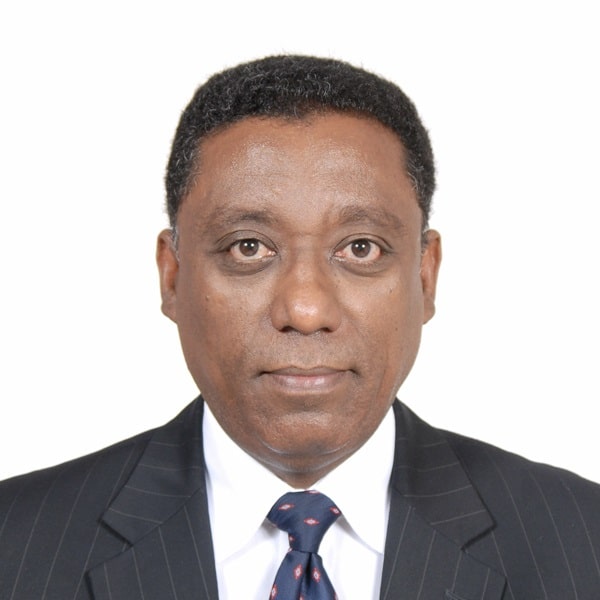The need for transformational change in national development efforts received unprecedented global consensus and support in 2015 resulting in the adoption of Agenda 2030 on Sustainable Development Goals (SDGs) and the signing of the Paris Agreement on Climate Change. These globally agreed goals are based on recognizing the urgent need to address the confluence of economic, social, and environmental challenges and they underline the critical importance of transitioning to an inclusive, low carbon and resource efficient economies. At the regional level, Africa endorsed its own Agenda 2063 which aspires to transform the region along the line of Agenda 2030 and promote sustainable development of the region. The effective implementation of these global and regional development agendas would, however, require development of new knowledge products and tools that take into account the specific challenges and opportunities of the region and building the capacity of African countries.
As part of this process, the Centre for Complex Systems in Transition in collaboration with other partners is currently developing and promoting the concept of Distributed Renewable Economy for Sustainability Transition in Africa. One of the outputs of this programme, which will be developed in partnership with Stellenbosch Institute for Advanced Studies (STIAS), is the production of a book on ‘Transformative Infrastructure for sustainable development in Africa’. The scope of the book project is defined with a focus on the key infrastructural elements that would determine the transition of African economies in the coming decades. This includes the transitions that need to be made in the area of energy systems, physical infrastructure, urban transitions, eco-industrial development, inclusive governance and planning for Distributed Renewable Economy. As per the current outline, the Handbook shall be consisted of ten chapters and each chapter covers the specific priorities and challenges that need to be addressed by African policy and decision makers with a purpose of maximizing the region’s leapfrogging opportunities to an inclusive, low carbon and resource efficient society and provides the specific tools that could be used.

